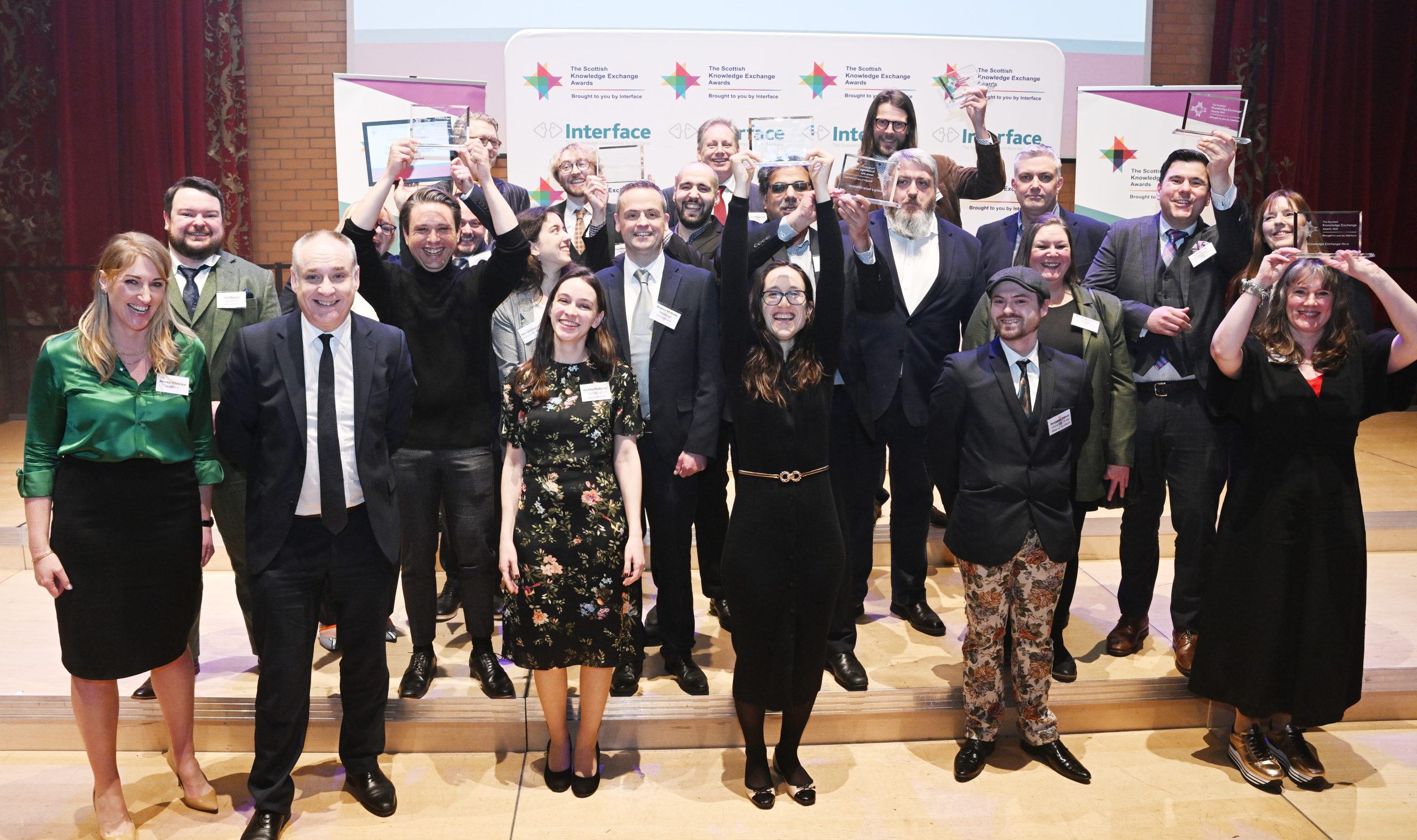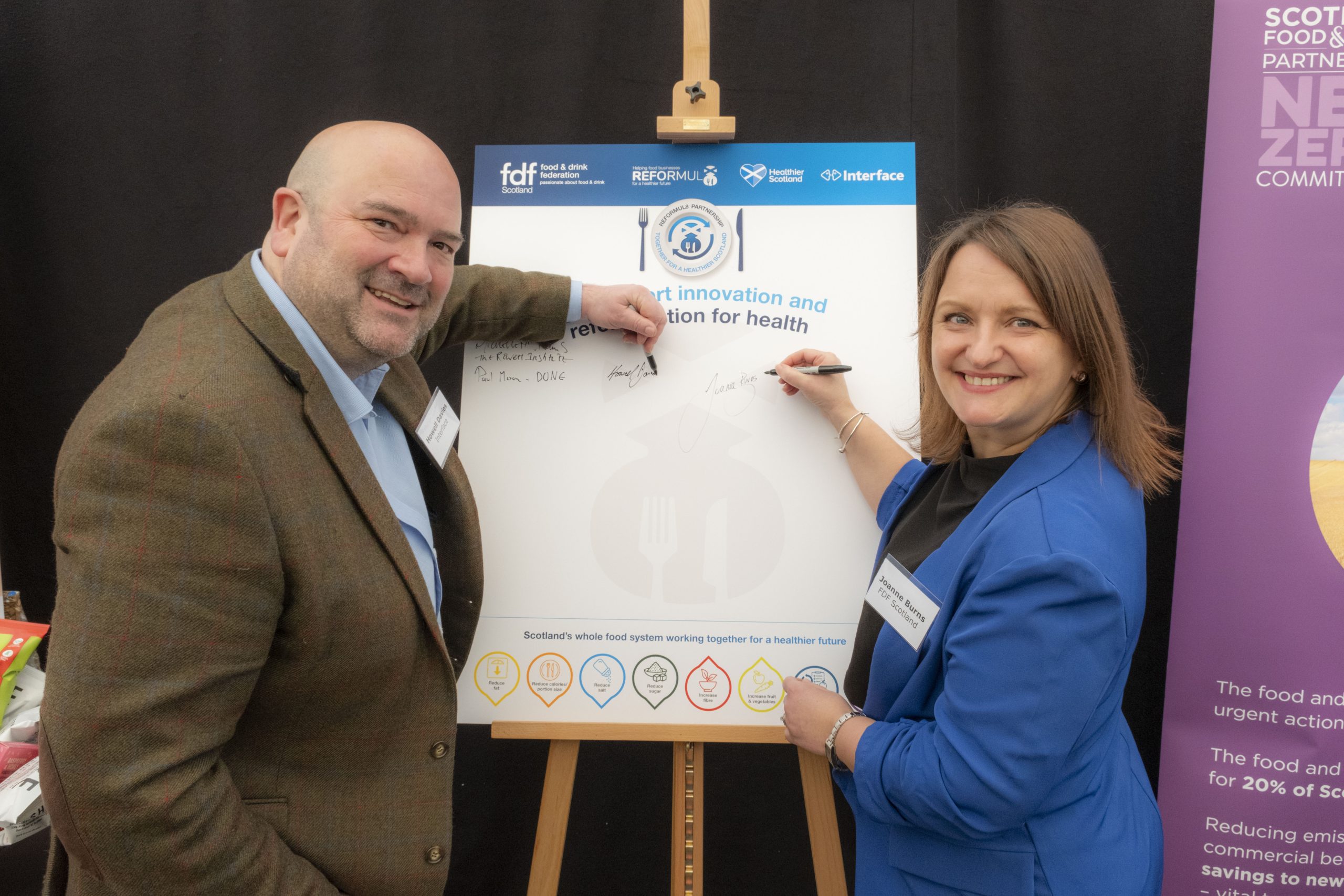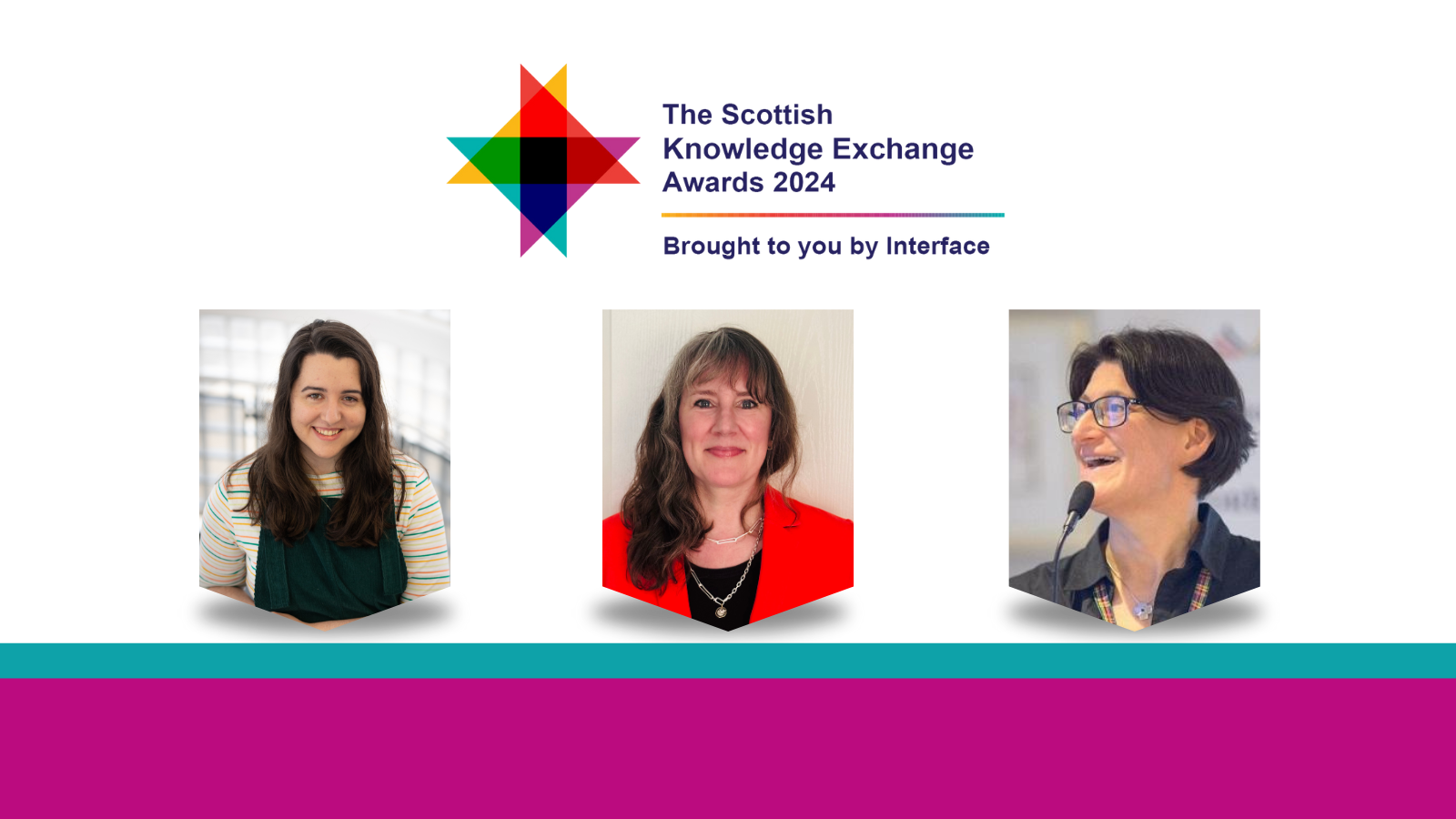Post
How a student could change your business

By Louise Arnold, Business Engagement Executive, Interface and Suzy Powell, PR and Communications Executive, Interface
The business benefits of working with students are numerous, bringing a fresh source of new ideas, approaches and skills.
So often lack of resources within businesses means that an idea stays on the drawing board, even if it hinders business growth, but thanks to a number of initiatives linking businesses with universities, the option to work with Scotland’s top-class students from a diverse range of disciplines is more accessible than ever.
And Interface is in a prime position to help match businesses with university expertise, including students studying a variety of courses across Scotland.
Working with businesses and organisations can enhance students’ employability by developing work-relevant skills, making them more “job ready”.
While students can be achieving well academically they have the opportunity to significantly develop transferable skills and build confidence which are best gained at the coalface of industry: speaking to clients on the phone, making presentations, business planning, devising a marketing strategy, conducting meetings, financial planning and decision making.
Euan Ryan, a recent graduate, worked with independent Scottish publisher, Bright Red Publishing, as part of his Business Management Degree at the University of Edinburgh. As part of the Management Consultancy module, and working as a team, he assessed the company’s potential growth strategies, and then analysed the feasibility and potential of new markets.
“I think the most interesting skill we developed whilst working with Bright Red was being able to apply the theoretical and academic knowledge we had gained from university in a real life situation. It changes the whole dynamic when your concepts and analysis relate to real problems with real constraints. It’s one thing to understand models, it’s another to apply them.
“Alongside this, we learned a lot about working within teams, not only internally with our group but also through managing stakeholders and understanding Bright Red’s needs and requirements. It definitely helped us understand the importance of diplomacy and asking key questions which I can only imagine will be of assistance in our professional lives.”
Bright Red Publishing Director, John MacPherson, added:
“The Management Consultant project was an excellent experience from a business perspective as Bright Red gained the benefit of several smart and keen undergraduates applying their knowledge and clear vision to the company’s operations and future strategy. The recommendations contained in the students’ final report are of great use and we will act on just about all of them. As a group, the students were a real pleasure to work with also. They showed real focus and intelligence – it is highly encouraging to see this calibre of undergraduate coming through Scotland’s universities.”
Euan has already drawn on some of his experiences at Bright Red Publishing to secure employment.
“I think the combination of managing relationships, conducting independent research and working towards a common goal will also help me perform better now that I am in my new role. In terms of experience it was a really essential process to go through.”
Many of Scotland’s universities operate industry-led student based learning projects, where companies put forward real business challenges for students to tackle. Students work with the companies, where they scope out a defined brief, undertake research and deliver their findings, analysis and recommendations to the business.
Projects can include group work, covering 8-12 weeks, or students can undertake an individual company sponsored dissertation on a specific research topic. The stakes are high for students as it often forms a large part of their final grade.
Feedback from the universities is that they greatly welcome the connections Interface makes for them with a diverse range of businesses bringing a variety of challenging projects.
Louise Arnold, Business Engagement Executive at Interface, said:
“The team at Interface work with hundreds of businesses every year to find them the right academic expertise to develop new products, services and processes. In some instances, the solution may connect businesses with students.
“Academic–business collaboration extends beyond laboratory based research and development: business process innovation, strategy development such as identifying new customers or suppliers, analysing the impact of new legislation or regulations, pursuing global markets or business planning can all be undertaken.
“Feedback from the businesses and students has been really positive with both gaining great benefits from the collaborations. We’ve heard from businesses that the projects have made tangible differences to their growth, future direction and strategy, while the students rise to the challenge of tackling real business problems, often finding that their suggested solutions are actually being implemented by the companies. In addition, these projects can often be the start of a longer term relationship between the university and the business.”
Comments made by the businesses which have worked with students included:
- “We can definitely take things away from what they’ve done and apply them in our world.”
- “Great use of personal experience and a global perspective.”
- “Strengthened our belief in some of the things we could do.”
- “Definitely some nuggets to pick up on”.
Nick Oliver, Professor of Management at the University of Edinburgh’s Business School, said there was “no substitute” for students “rolling their sleeves up and working with real-life problems.”
“It’s a fantastic opportunity for the students to apply many of the ideas that they cover in their academic sessions in a “real world” setting. It’s a real selling point for the university – it is one of the reasons students come to us and that experience will stand them in good stead in the jobs market. It’s a sign that a business school is doing what it should: connecting the two worlds of theory and practice.”
This article appeared in the Scotsman, you can read it here.



